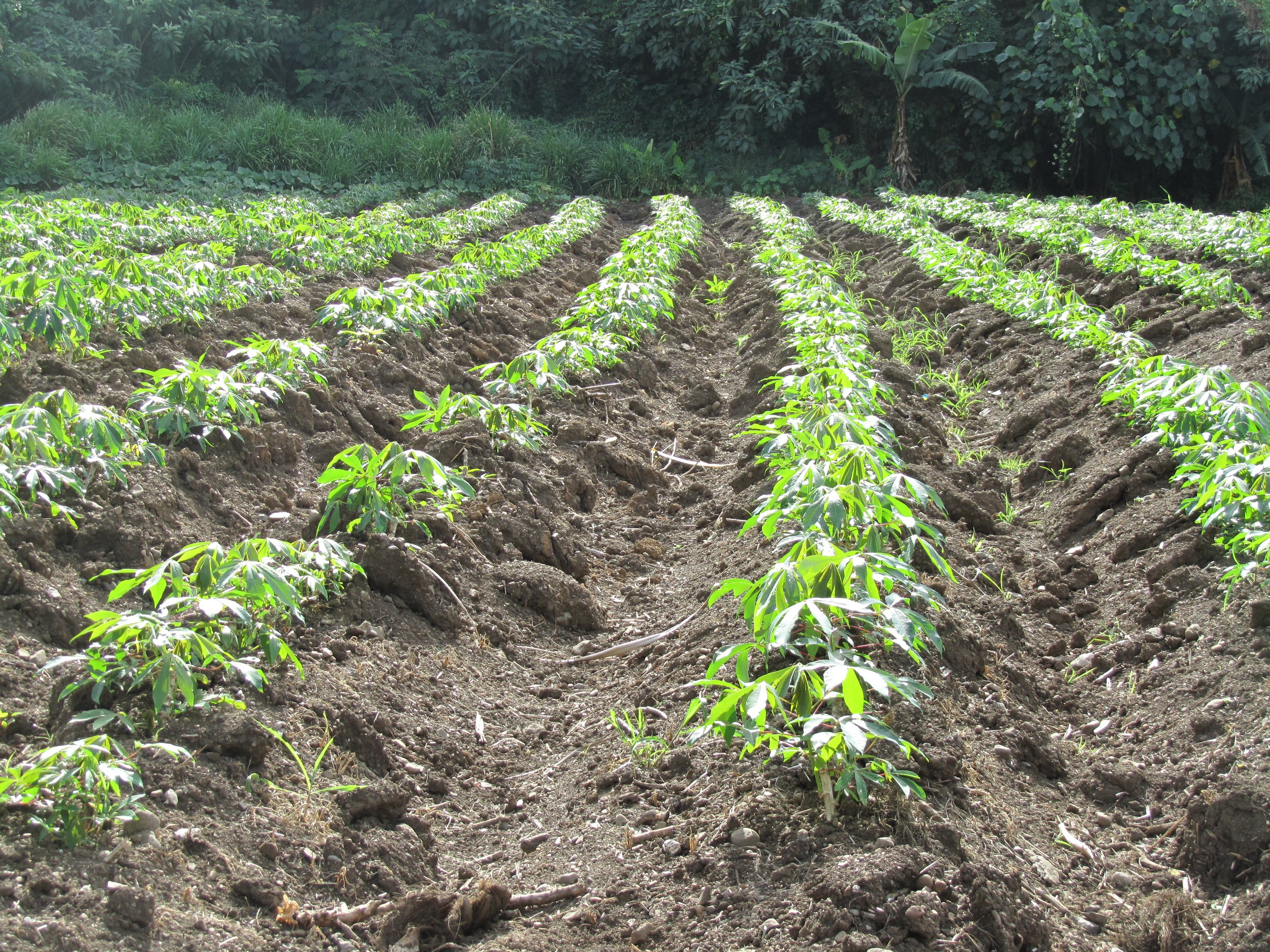
Land and Trade
Customary land systems are vital to the Pacific Island Countries yet they come under threat from trade deals that attempt to bring them under their control. Whilst some trade agreements may attempt to exclude custom land ownership from being influenced (some don't even do that!), there are still a number of ways that customary land systems are threatened by free trade deals.
PANG has produced a number of fact sheets that aim to explain this complex relationship and highlight the very real and often unseen threats that free trade poses to custom land.
-

Land and Trade Q&A
It is commonly, and correctly, held in the Pacific that “Land is life”. Yet Custom land faces a serious threat from those pushing free trade in the Pacific as discussed in this 2014 briefing paper.
-

Land/Trade - Food Sovereignty
The differences between the concept of food sovereignty and the corporate food regime couldn't be more stark. For the Pacific, food sovereignty is safeguarded through land ownership which includes access to water sources and to the shores and sea that surround their land.
-
Land/Trade - Investment
Foreign investment is often regarded as a major part of any country's ability to achieve development. This paper examines the pressures to reform land systems to make them more attractive to investors.
-

Land/Trade - Policy Space
Gaining political independence gave Pacific Island Countries the right to legislate and determine the regulations that would support their national interest. It is this very ability to determine what level of regulation is best for the Pacific, including governing the use of land, that is directly under challenge by legally binding free trade agreements.


